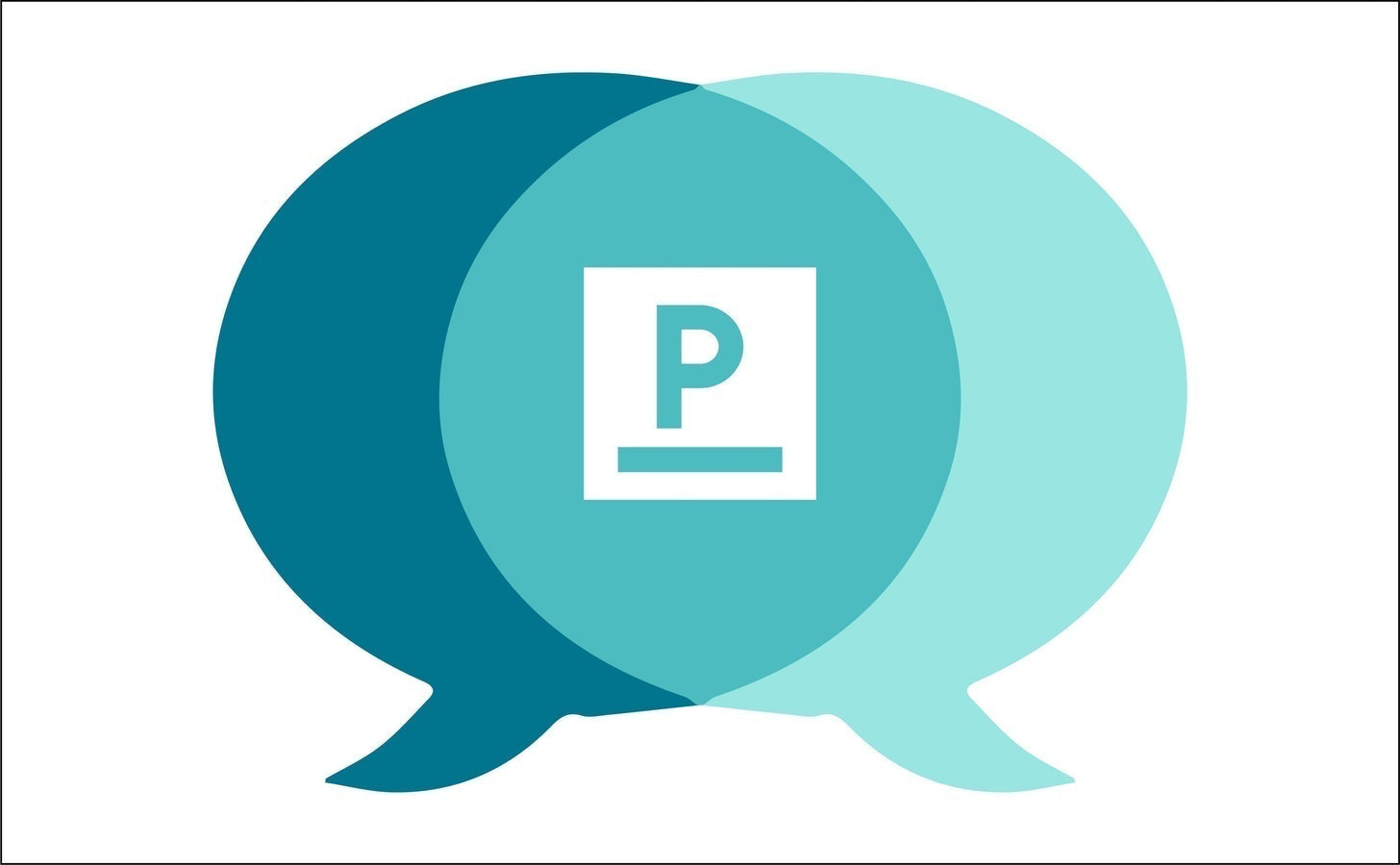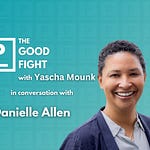Caroline Fourest is one of France’s leading thinkers on issues of secularism and religious extremism. A writer for Charlie Hebdo from 2004 to 2009, Fourest was at the forefront of defending the magazine after many of its journalists were murdered in a brutal terrorist attack in 2015. An acclaimed feminist author and director, her works have often made an impassioned case for free expression in the face of intimidation and censorship.
In this week's episode, Yascha Mounk and Caroline Fourest discuss the principles and the practice of laïcité, misconceptions of it in the United States, and her concerns over a culture of outrage that, she claims, "invades our privacy, assigns our identities, and censors our democratic exchanges."
Please do listen and spread the word about The Good Fight.
If you have not yet signed up for our podcast, please do so now by following this link on your phone.
Email: goodfightpod@gmail.com
Twitter: @Yascha_Mounk
Website: http://www.persuasion.community
Podcast production by John T. Williams and Rebecca Rashid
Learn more about your ad choices. Visit megaphone.fm/adchoices













